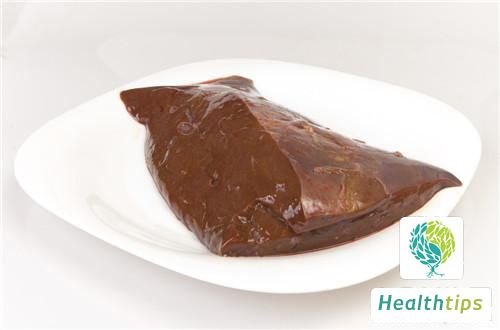Pig liver is a visceral part of a pig. It has a rich and unique flavor, making it a favorite of many people. Pig liver can effectively supplement the body's iron, and people with iron deficiency anemia can eat pig liver regularly. Pig liver can be stir-fried, boiled in soup, cooked in porridge, steamed, etc. The taste varies depending on the cooking method, and it can be prepared according to personal preference. Eating pig liver usually doesn't cause weight gain and can enhance the body's resistance. Pig liver contains 129 kcal per 100 grams. Pig liver is rich in vitamins A, C, and B-complex vitamins, as well as trace elements such as iron, magnesium, sodium, calcium, zinc, copper, niacin, and folic acid. Eating pig liver will not cause weight gain. Pig liver has a relatively low-calorie content, roughly equivalent to the same amount of rice (116 kcal/100g). The carbohydrate content is not high, and eating a moderate amount will not lead to obesity. However, the cholesterol and fat content in pig liver cannot be ignored, so it should not be consumed excessively. How much pig liver should be consumed? Eating pig liver in moderation will not cause weight gain, but it should not be eaten excessively. On average, eating about 15 grams (approximately one bite) of pig liver per day is sufficient. If you eat pig liver occasionally, it is recommended to eat 2-3 times a month, with each serving being around 100 grams. How to eat pig liver without gaining weight? To avoid gaining weight while eating pig liver, it is important to avoid high-oil and high-salt cooking methods such as stir-frying, deep-frying, and grilling. Pig liver can be steamed or boiled in soup and paired with vegetables rich in coarse fiber, which helps with digestion and prevents weight gain.


